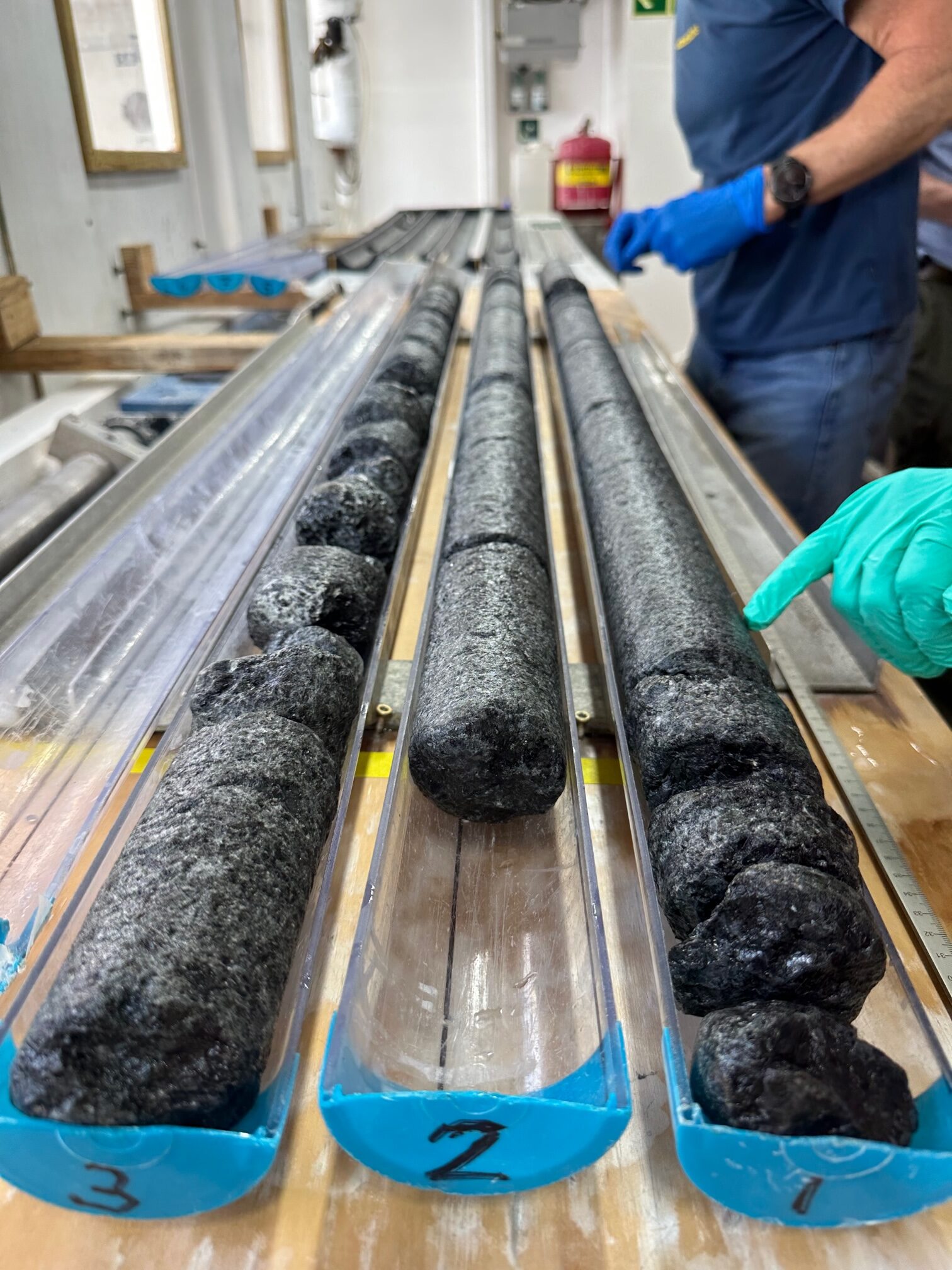In today’s world, personal protective equipment (PPE) has become an essential part of our daily lives, particularly in the face of health crises such as the COVID-19 pandemic. Among the array of PPE available, polycarbonate face shields stand out as a versatile and effective means of protection. In this blog post, we delve into the numerous benefits of polycarbonate face shields, exploring why they are a valuable addition to any safety protocol.
What is Polycarbonate?
Before diving into the benefits of polycarbonate face shields, it’s essential to understand what polycarbonate is. Polycarbonate is a durable and lightweight thermoplastic material known for its exceptional strength and impact resistance. It is commonly used in various applications requiring robust and transparent materials, ranging from eyewear to bulletproof glass. Due to these properties, polycarbonate is one of the most popular face shield materials.
Benefits of Polycarbonate Face Shields
We have listed the most important advantages of face shields below:
Impact Resistance
One of the primary advantages of polycarbonate face shields is their exceptional impact resistance. Unlike traditional face shields made from materials like acrylic or PET (polyethylene terephthalate), polycarbonate face shields offer superior protection against high-velocity impacts and projectiles. This makes them ideal for environments where there is a risk of flying debris or projectiles, such as construction sites or manufacturing facilities.
Optical Clarity
Polycarbonate face shields boast excellent optical clarity, providing users with a distortion-free view of their surroundings. Unlike some other materials that may fog up or distort vision, polycarbonate maintains crystal-clear visibility, ensuring users can perform their tasks with precision and accuracy. This optical clarity is crucial in professions where visual acuity is paramount, such as healthcare, laboratory work, or automotive repair.
Chemical Resistance
Another notable benefit of polycarbonate face shields is their resistance to a wide range of chemicals. Whether exposed to solvents, acids, or cleaning agents, polycarbonate maintains its integrity, preventing chemical splashes or spills from compromising the shield’s protective properties. This chemical resistance makes polycarbonate face shields suitable for use in laboratories, chemical plants, and other hazardous environments. Want to know more about face shield plastics with these properties? Read more about the best materials for face shields on Sabic.eu.
Comfort and Fit
Polycarbonate face shields are designed with user comfort in mind. Many models feature adjustable headbands or straps to ensure a secure and comfortable fit for individuals of all sizes. Additionally, the lightweight nature of polycarbonate makes it easy to wear for extended periods without causing discomfort or fatigue. This ergonomic design enhances user compliance and encourages consistent use of face shields in various settings.
Durability and Longevity
Durability is a hallmark of polycarbonate face shields. Unlike disposable face shields that may need frequent replacement, polycarbonate shields are built to last. They can withstand repeated use and cleaning without compromising their protective qualities, making them a cost-effective solution in the long run. By investing in polycarbonate face shields, organizations can reduce the need for frequent replacements and ensure continuous protection for their personnel.





